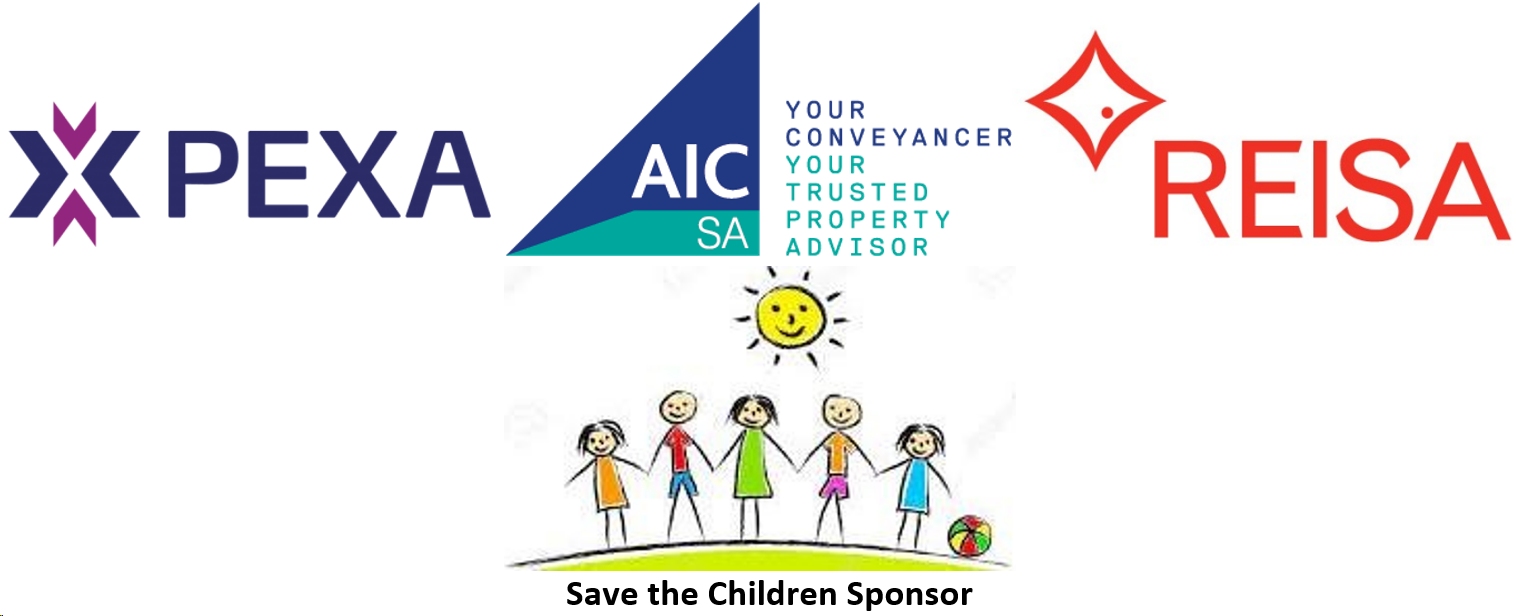
Buying or selling a business in SA
It is important to seek advice at the earliest opportunity regarding the most appropriate ownership structure (sole trader, company, trust or partnership) so that tax effective strategies can be put in place. Your accountant and/or adviser will be able to assist with this aspect of your purchase. This is vital even if you believe you are fully informed about the business as they will see things from a different perspective.
To conduct a due diligence assessment of a business you will need to carefully review and consider the following:
- Income statements, balance sheets and profit and loss records for the last 3 years.
- Tax returns including business activity statements.
- Records of accounts receivable and payable.
- Minutes of director’s or management meetings.
- Business paper files (if available).
- The seller’s claims about their business (why are they selling and what is their reputation like).
- Level of stock required and how this will affect cash flow.
- Details about plant, equipment, fixtures, vehicles.
- Existing contracts with clients, staff, suppliers and privacy details.
- Partnership agreements.
- Guarantees, indemnities and warranties.
- Lease requirements.
- Franchise setup and ongoing costs (if applicable).
Form 2 vendor’s statement
The Land and Business (Sale and Conveyancing) Act 1994 provides that a Vendor’s Statement (or Form 2) must be given to a purchaser if the purchase price of the business is under $300,000.00. This does not include GST, the price of land or any stock that is included in the sale. The Form 2 will disclose the following important information:
- The purchaser’s cooling off rights.
- Staff, including their role, hours per week and rates of pay.
- The financialsfor the business over the last 3 years.
- If there have been any adverse circumstancessuffered by the business which have affected takings.
- Land or leased premisesassociated with the business.
- If there is an asbestosregister for the business premises.
- If any noticeshave been issued for non-compliance with the terms of the Lease.
- If any ordershave been given for non-compliance with the law (for example the Food Act 2001).
Business sale contract
This will detail the following items:
- Timeframe for due diligence.
- Warranties.
- Director’s guarantees.
- GST and legal costs.
- If there is to be a new Lease or Assignment of Lease.
- Transfer of employees (if applicable) and how any outstanding entitlements are to be dealt with.
- Assets to be transferred including website, email addresses, phone and fax numbers, Social Media accounts.
- Excluded assets such as Vendor’s personal laptop or tools.
- Valuation of stock in trade and what stock is included.
- Franchise agreements associated with the business.
- Liquor or outdoor dining Licenses.
- Restraint of Trade.
- Business names.
- Training or Vendor assistance.
- How the debts and receivables of the business are dealt with.
Settlement process in a business transaction
Once the Contract has been signed the focus will then be towards settlement and liaising with all other parties involved in the sale. This can include dealing with your financiers, the transfer of any other contracts that the business requires to function, the perusal of either the existing lease and deed of assignment or a new lease, searching the Personal Property Securities Register for business loans or charges on equipment. Any outgoings associated with the business and/or the lease will be adjusted. Employee entitlements for long service and annual leave must also be taken into consideration.
Settlement Statements are prepared showing the purchase price, deposit paid, agreed stock value (at the morning of settlement) adjustments of rates, taxes and other business outgoings, staff entitlements, rental payments, amounts payable for any loans or hire agreements.
We will advise the funds required to settle and/or cheque directions just prior to settlement. The final figure is not often known until the morning of settlement.
Common mistakes vendors and purchasers make
- Sale or Purchase of a Business is not easy or simple.
- Do not buy a business without having a contract in place.
- If you are purchasing a business, do not hand over any funds to the vendor before talking to your conveyancer. The deposit and settlement monies should be dealt with responsibly and should not be released to the vendor until settlement (unless otherwise agreed).
- Talk to your conveyancer before you ask the Landlord for consent to assign a Lease. If you do so before the required documents have been prepared you could invalidate your protection under the Retail and Commercial Leases Act.
- The Form 2 consists of more than just the Accountant’s section. Your conveyancer can assist you with the preparation of the rest of the document.
- If you are a vendor you should always serve a Form 2 if the sale price is less than $300,000.00. It is always best to disclose details about the business than risk legal action later for non-disclosure
- Be aware of your liabilities regarding staff entitlements. There have been occasions when the amount payable to the purchaser for staff entitlements exceeds the sale price of the business.
We would love to have a chat FREELY with you about your business sale or purchase and invite you to get in touch with any questions you may have ANYTIME.
Contact us today: 0407197011
